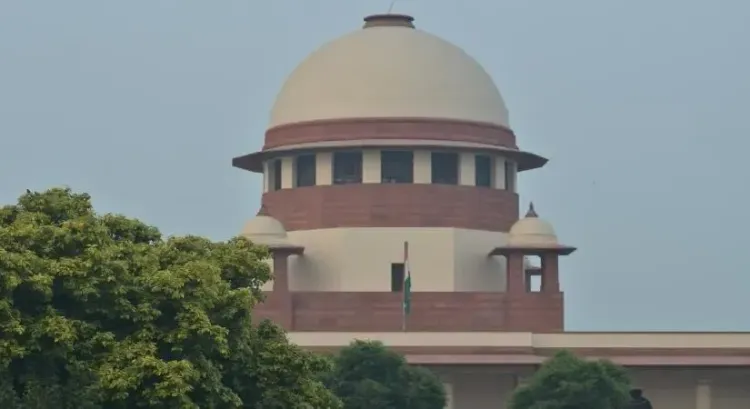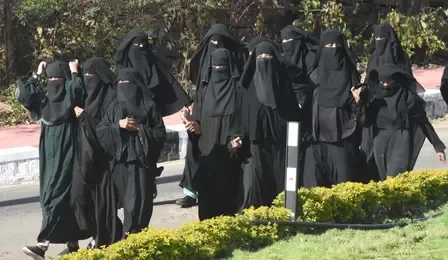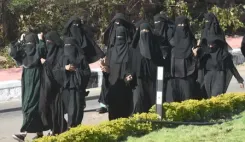Will the SC Mandate TET for Minority Institutions?

Synopsis
Key Takeaways
- The Supreme Court is reviewing a significant PIL regarding TET for minority institutions.
- The case challenges the Right to Education Act on grounds of equality.
- It highlights issues of educational disparity among minority schools.
- Potential implications for a unified education system in India.
- Focus on ensuring quality education for all children.
New Delhi, Oct 14 (NationPress) The Supreme Court is set to hear on Wednesday a public interest litigation (PIL) urging a mandate that Teacher Eligibility Test (TET) be made compulsory for all educational institutions catering to children aged 6–14 years, inclusive of minority-managed schools.
The petition contends that the exclusion of minority-run institutions from the Right to Education (RTE) Act undermines fundamental rights to equality and education guaranteed under Articles 14, 15, 16, 21, and 21A of the Indian Constitution.
According to the causelist shared on the apex court's website, a bench featuring Justices Dipankar Datta and AG Masih will address this issue on October 14.
The petition challenges Sections 1(4) and 1(5) of the RTE Act, 2009, labeling them as "arbitrary, discriminatory, and unconstitutional".
"The Right to Education secured under Article 21A signifies equal quality education for all. Consequently, exempting certain schools from TET contradicts the fundamental principles of the Constitution," the PIL asserts.
The petitioner, Nitin Upadhyay, a law student at Delhi University, argues that Article 30, which safeguards minority rights to establish educational institutions, should be interpreted in a manner that promotes equality rather than merely following a literal interpretation.
"Article 30 is designed to ensure equality among all citizens and to elevate minorities to an equitable status," the petition emphasizes, referencing a recent Supreme Court judgment questioning whether exempting minority schools from the RTE Act fosters systemic exclusion.
Drawing from the Anjuman Ishaat-E-Taleem Trust vs. State of Maharashtra case, the PIL highlights a 2021 report by the National Commission for Protection of Child Rights (NCPCR) revealing that merely 8.76 percent of students in minority institutions come from socially and economically disadvantaged backgrounds.
Advocating for a "common education framework," the PIL posits that uniform application of TET would bolster educational standards and serve national interests.
"Implementing a common minimum educational program for children up to 14 years would foster shared cultural values, eliminate disparities, and reduce discriminatory practices," the petition states.
The PIL requests a declaration that Sections 1(4) and 1(5) are nonviable for infringing upon equality and education rights, asserting that schools offering both religious and secular education fall under the RTE Act's provisions.









